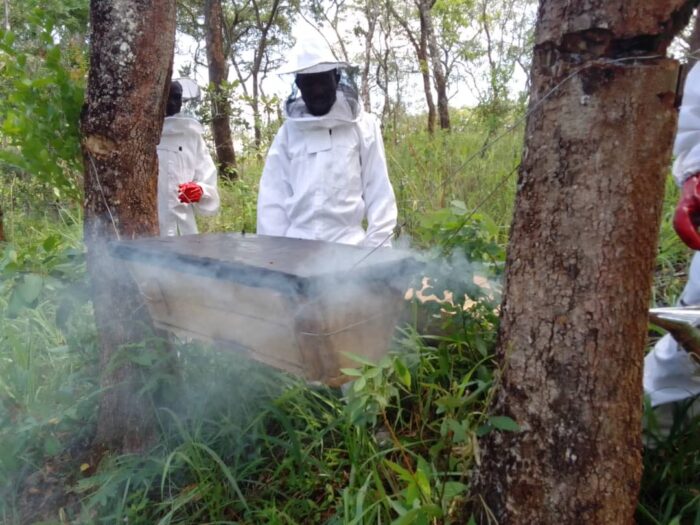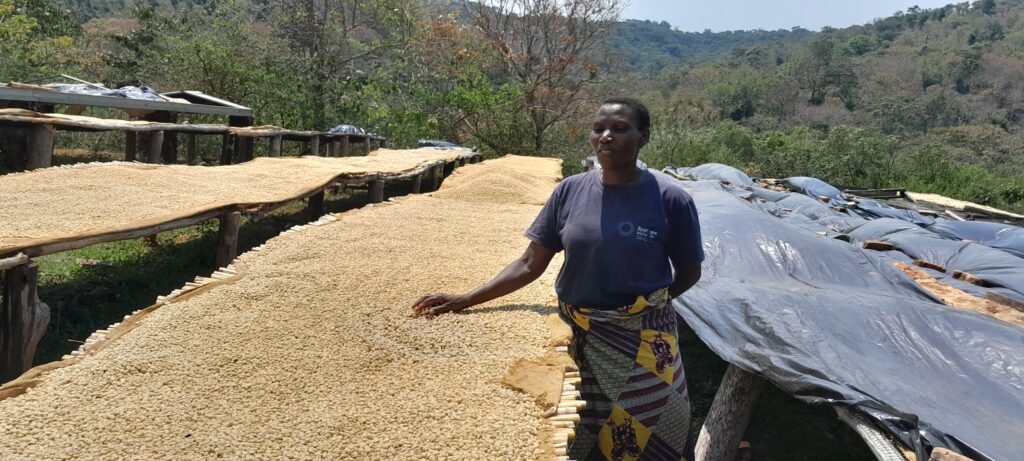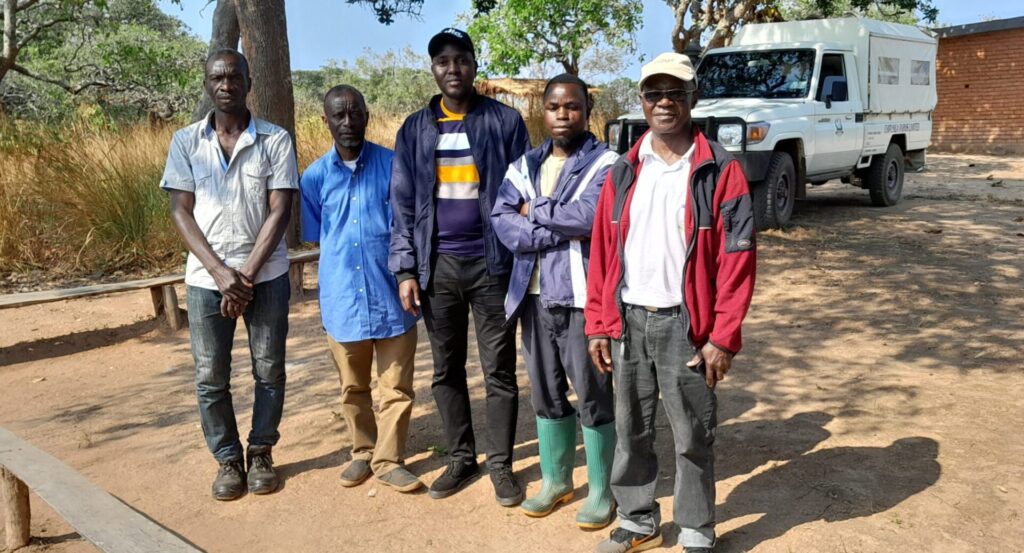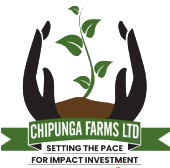At Chipunga Farms Ltd., sustainability isn not just a goal—it’s a way of life. As of this season, 226 smallholder farmers supported by Chipunga Farm have begun harvesting their first rounds of honey, marking a major milestone in our journey towards environmentally responsible farming and community empowerment.
This initiative is part of a larger beekeeping support program made possible through technical training by Chipunga Farm, and strategic backing from Tetra Tech and the UK Aid-funded Modern Cooking for Healthy Forests (MCHF) project.
Empowering Livelihoods Through Honey Production
For many of the participating smallholder farmers, this is their first time engaging in commercial beekeeping. With the help of Chipunga’s extension team and expert training, they’ve learned the essentials of modern, sustainable honey production—from hive management and harvesting techniques to hygiene and post-harvest handling.
By harvesting and selling organic, forest-friendly honey, these farmers are now tapping into a new and profitable income stream. The sale of honey helps them diversify their livelihoods, reduce dependency on seasonal cash crops, and increase household income—especially vital in remote, rural areas where economic opportunities are often limited.
Protecting Forests Through Sustainable Alternatives
Chipunga Farm lies in a beautiful but ecologically sensitive area surrounded by indigenous forests such as Kaning’ina Forest which supplies water to Mzuzu city. Unfortunately, economic hardship has historically driven some community members to engage in charcoal production or unsustainable forest use as a way to earn a living.
The introduction of beekeeping changes this dynamic. By demonstrating that forests have greater value alive than destroyed, beekeeping creates a strong incentive to conserve natural resources. Healthy forests mean more flowering plants, which means more nectar and more honey—a win-win for both farmers and the environment.
Farmers now act as custodians of the forest, actively preserving the ecosystem that supports their hives and their income.



